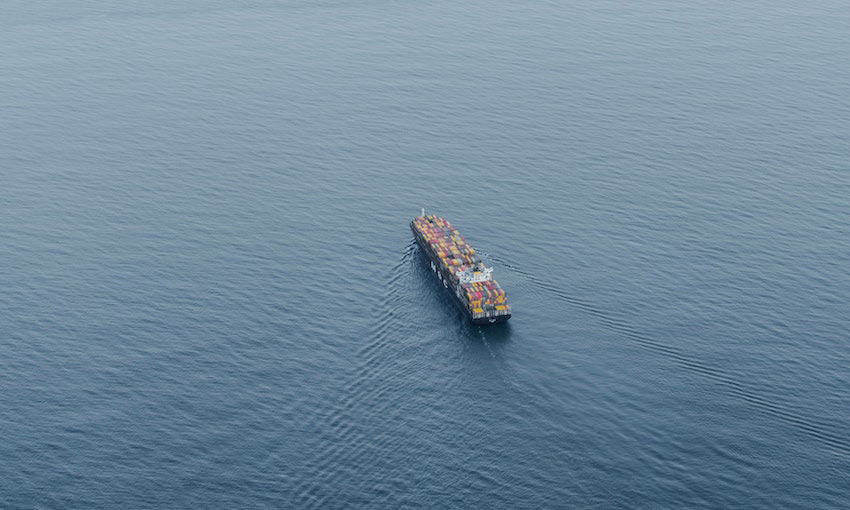THE WORLD Shipping Council has yesterday (31 July) announced further development for its Green Balance Mechanism, a regulatory proposal designed to ensure shipping meets net-zero emissions by 2050.
The GBM aims to address the current high costs of renewable fuels to become more competitive with fossil fuels and thus incentivise their usage in international shipping.
WSC’s mechanism would apply fees on fossil fuels and then allocate the funds to green fuels, so that the average cost of fuel became roughly equal.
In turn, the greater the emission reductions a fuel delivers, the greater the financial allocation received.
The WSC announced that the proposal was submitted to the International Maritime Organization following “positive response and encouraging conversations with IMO member nations and other stakeholders”.
Ships designed to operate on green fuels are already on the water, and the WSC claims over 60% of new container and vehicle carrier vessels for delivery by 2030 will be ready to use the greenest fuels.
However, the WSC says that at current, low emission fuels are scarce, and several times more expensive than fossil fuels.
Joe Kramek, president and CEO of the WSC said, “For shipping’s energy transition to take place, green maritime fuels must be available at scale, requiring billion-dollar investments by energy producers”.
“For these investments to occur, the IMO must adopt regulations that not only increase fossil fuel prices but also make green fuels a viable alternative.
“Only then will there be a strong enough market for green maritime fuels to stimulate the necessary levels of investment in green fuel production and renewable energy.”
The GBM also includes a framework to create a parallel “IMO Net-Zero Fund” to raise funds for research, development and demonstration projects and climate mitigation initiatives, to provide a just and equitable transition.
The WSC says the GBM is also full integrated with a greenhouse gas fuel-intensity standard.
“We do not have time for half measures. The IMO’s regulations must make it possible for green fuels to compete with fossil fuels, to drive the transition effectively” Mr Kramek said.
“Anything less risks raising transportation costs without achieving the climate progress the world needs.”

